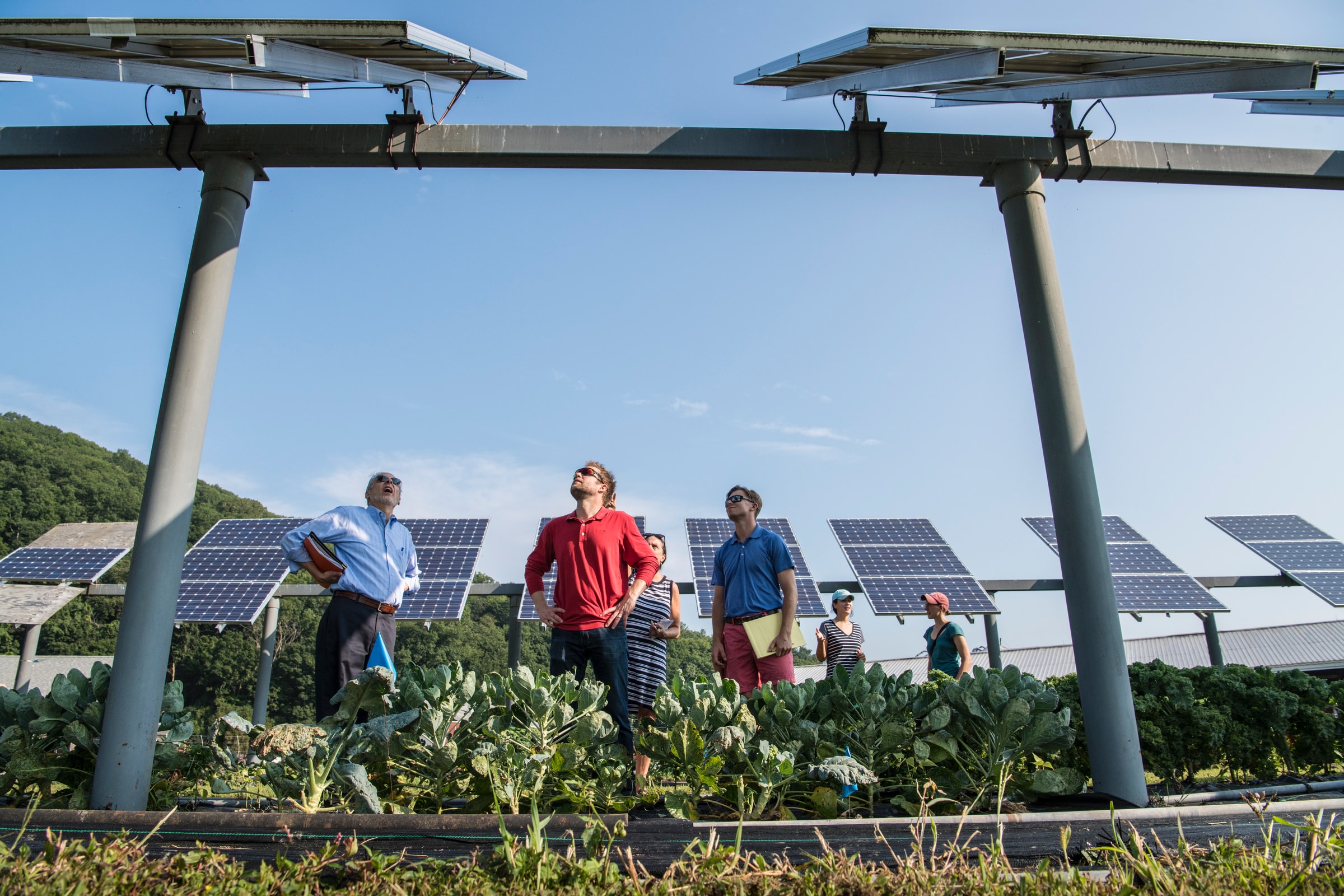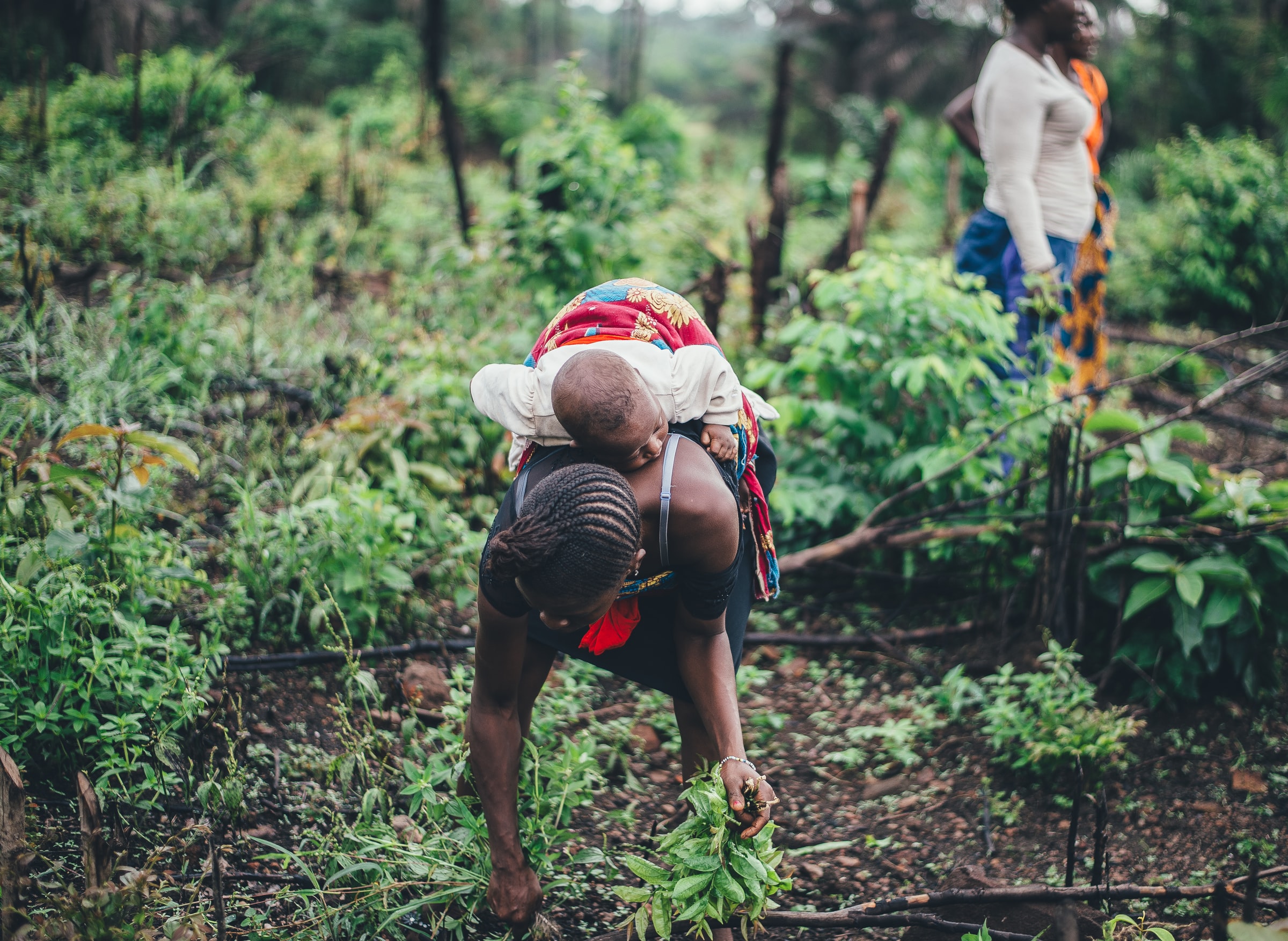Horizon 2
Responding to the age of risks & uncertainties
The current crises of work, the social contract and trust, collective psychological trauma, and food security and supply, all call for a fundamental overhaul of public investment and financial management. We need to reduce future liabilities, make better risk provisions, and rethink our public revenue models.
The immediate response to the crisis features four classes of systemic issues that require rapid intervention, as well as a series of ‘no regrets︎︎︎’ or COVID-dividend︎︎︎ policies worth implementing now irrespective of which scenario plays out over the coming months. The cascading effects of the COVID-19 pandemic, is likely to result in one of the worst financial and economic crises on record. This will be entangled with a looming food crisis, health crises arising from disrupted immunisation campaigns that have affected 200+ million children globally, and crises connected with domestic and sexual abuse with long-term implications for a whole generation of women. Populations already suffering from the social and economic impact of the pandemic also will need to absorb the effects of a changing climate and severe weather events, the increased risk of political instability and conflict, the displacement of jobs due to re-shoring and automation, and rising food prices.
The four classes of systemic issues that require rapid intervention over the next 2-12 months are outlined.
The four classes of systemic issues that require rapid intervention over the next 2-12 months are outlined.
A. The Crisis of Work
The economic shut down and structural destruction of various industries calls for the design of a new architecture of public investment focused on the real economy. The growth path out of lockdown requires a portfolio of interventions that provide long-term generative, circular, and clean economic benefits, including job creation, particularly in the informal sector. Rapid local actions should be promoted, driving investments towards ecological restoration and regeneration. Interventions need to be at the level of both the individual, with many people having recently become unemployed and requiring assistance to make a fresh start, and the company. Possibilities include the following:
1. Shovel-ready green investment and job retention programme
Grass-roots action has resulted in some cities rapidly being retrofitted in an effort to create pandemic-safe economic opportunities. Vilnius, for example, has been transformed into an open air cafe︎︎︎. Elsewhere emphasis has been placed on movement and exercise in sustainable, clean, and physically-distant ways. Around the world, there has been a quadrupling of the kilometers dedicated to bicycle lanes︎︎︎ in cities. Other initiatives are underway to reimagine cities and streets in post-COVID times︎︎︎. These include urban forests, renewable economies, tactical sustainable urbanism, and ‘jungle jobs︎︎︎’.
This is a civic investment for the common good, creating rapid social, economic, and environmental value. Clean energy technologies create more jobs per energy dollar︎︎︎ than fossil fuels, with wind and solar power providing 50% more jobs for the same amount of energy. A study published by Oxford University in May 2020︎︎︎ argues that green stimulus programmes in response to COVID-19 also will have a higher return on government investment than other alternatives. There is, however, a need to nurture civic commonwealth in conjunction with such programmes.
Nations with dispersed networks of innovation foundations︎︎︎, maker spaces︎︎︎, and a vibrant social sector are capable of orchestrating social capital, knowledge, and other resources toward a strategic objective and deploying a full systems response (the platform state). In India, the social sector is outperforming government︎︎︎ in feeding people, and the Nepal & Bhutan Fab labs︎︎︎ are 3D-printing spare parts for ventilators and lab equipment to respond to the immediate need. These labs also are taking a longer-term perspective, mapping the supply chains of the medical sector, building a catalogue of spare parts, and on-shoring the production of critical equipment spares. The ability to deploy a portfolio of options as a response to the pandemic might point to resilience and adaptation to changing conditions. We have seen the difficulty of outsourcing responses, especially to the private sector, with citizen trust at an all time low︎︎︎. The absence of data and digital skills at the centre of government has become a life or death issue︎︎︎ and outsourcing critical state capacities︎︎︎ in contexts where public-private partnerships are not premised on delivering public value leaves all societies stranded in cases of pandemic-like events.
This is a civic investment for the common good, creating rapid social, economic, and environmental value. Clean energy technologies create more jobs per energy dollar︎︎︎ than fossil fuels, with wind and solar power providing 50% more jobs for the same amount of energy. A study published by Oxford University in May 2020︎︎︎ argues that green stimulus programmes in response to COVID-19 also will have a higher return on government investment than other alternatives. There is, however, a need to nurture civic commonwealth in conjunction with such programmes.
Nations with dispersed networks of innovation foundations︎︎︎, maker spaces︎︎︎, and a vibrant social sector are capable of orchestrating social capital, knowledge, and other resources toward a strategic objective and deploying a full systems response (the platform state). In India, the social sector is outperforming government︎︎︎ in feeding people, and the Nepal & Bhutan Fab labs︎︎︎ are 3D-printing spare parts for ventilators and lab equipment to respond to the immediate need. These labs also are taking a longer-term perspective, mapping the supply chains of the medical sector, building a catalogue of spare parts, and on-shoring the production of critical equipment spares. The ability to deploy a portfolio of options as a response to the pandemic might point to resilience and adaptation to changing conditions. We have seen the difficulty of outsourcing responses, especially to the private sector, with citizen trust at an all time low︎︎︎. The absence of data and digital skills at the centre of government has become a life or death issue︎︎︎ and outsourcing critical state capacities︎︎︎ in contexts where public-private partnerships are not premised on delivering public value leaves all societies stranded in cases of pandemic-like events.

Researchers discuss simultaneously growing crops under PV Arrays while producing electricity from the panels. Photo by Science in HD on Unsplash.
2. Public pivot investment programme for independent businesses
The Pivot Investment Fund runs on two parallel tracks. One is targeted at micro businesses, providing unconditional transition investment, with civic and stakeholder accountability for how the public investment is used. This enables the re-engineering of business models for resilience, adaptability, and experimentation. COVID-19 has already triggered the emergence of new models, including peer-to-peer networks and hackathons︎︎︎, as well as repurposing and diversification︎︎︎, that suggest potential paths for others to follow. The second is targeted at large companies, where the investment leads to citizen equity (with a potential of a buy-back) and a principle of mutualisation. This can take many forms. In some, bailouts are contingent on a company’s registration status: if a company is registered in a tax haven it is likely to be denied access to bailout funds. In others, investment can be contingent on the prepayment of future contracts across the supply chain. This carries a liquidity risk for the company in question, but has a broader benefit as public funding trickles to all the different players in the supply chain.
3. Public sector financial investment and innovation
Many nations currently are dealing with massive COVID-triggered national debt. Financial support measures include loans and the temporary suspension of debt payment. Any significant attempt to reconfigure the economy and rebuild society will require extraordinary and unprecedented government spending and financial innovation, adding to the burden generated by the need to reduce liabilities, manage risk, ensure future public revenue, and stimulate investment in ecosystem services and clean technologies. The latter will involve tapping into existing financial mechanisms, such as debt swaps, consol or perpetual bonds︎︎︎, pricing nature-based services in the low- and middle-income nations and swapping them for debt︎︎︎, as evidenced by the Seychelles’ debt-for-nature︎︎︎ swap and the new Breath Better Bond︎︎︎. Assessment of these public investment initiatives needs to take into account a Systems Return on Investment. The returns will be both direct and indirect, factoring in the effects of local, social, economic, and environmental regeneration, speed of deployment, creation of new markets, and wealth distribution.
4. Public sector experimentation
As a result of the pandemic, there has been a forced digitisation transition of public services, from healthcare to education. In the case of some nations, they have become open-air testing labs︎︎︎, as governments work out what policies will make it safe to reopen their economies, services, and borders. Experimentation to drive the deep transition of some of the new services is required. This will need to address options and opportunities, as well as structural inequalities and the potential for economic and social exclusion of those without access to digital services. In education, for example, it is necessary to develop, adapt, and contextualise online content and learning applications, as well as to help teachers address not only content but psychological development and mentorship. There is a need to flip the classroom, integrating project-based and hybrid learning.
B. The Crisis of Social Contracts & Trust
In times of crisis, expectations go unmet, companies collapse, and jobs are lost. Inevitably, this can generate both unrest and apathy, placing a strain on the social contract. Local investment and decision-making authority are necessary counter-measures, adapting policy to emerging needs and allocating personnel, services, and resources where they are most required, such as health workers in rural areas.
1. Investing in social infrastructures
This is necessary to build up community resilience, establish civic R&D and innovation ecosystems, as with Fab City Global︎︎︎, and nurture social capital as a permanent capability to deal with short-term distress, as exemplified by Participatory City︎︎︎. When investments and agency are devolved locally, social infrastructures become both a buffer zone to think and react in the face of fast-acting risks, and they present a form of institutional immune system, as in the case of Civic Square︎︎︎.
2. Civic sense-making
The quality of citizen-scale sense-making has proven to be a vital differentiator in the coherence of national responses to the pandemic. Governments with open pathways to leverage bottom-up civic voices and draw on civic-sensor and communication networks︎︎︎ have been able to mobilise with speed, scale, and minimum use of power. In the age of fake news and news terrorism, building the capacity for citizens to sense-make with integrity and trust will make all the difference to viable nationwide responses. Investment in this is vital.
3. Remaking the social contract
This needs to encompass the design and provision of basic services and assets for all, creating a social floor. Had this been in place before the pandemic, it would have enabled governments to focus on other aspects of the crisis, rather than investing in the care of those who fell outside the system, such as informal workers. There also needs to be an extension of social and employment insurance systems to include those in the informal sector, as well as provisions for a universal basic income linked to civic participation and further education, and universal basic assets︎︎︎ and welfare similar to GiveDirectly’s experiment in Kenya︎︎︎.
The immediate intention is to reduce the exposure of the vulnerable by maintaining a basic scaffolding for long-term development and health care. Access to basic services should be considered an inherent right, without which there would be a catastrophic impact on the poor that would dwarf the mortality rate of COVID-19︎︎︎ itself. Such an approach should include basic healthcare for the elderly and those with underlying conditions, vaccination for children, the provision of warm meals, and supplementary feeding and postnatal care for mothers.
C. The Crisis of Collective Psychological Trauma
The conjunction of deep underlying vulnerabilities and the effects of COVID-19 – including mass global unemployment, food insecurities, logistical failures, and prolonged periods of suffering – are creating trauma at a societal scale. This reality calls for investing in civic infrastructures. The industrial revolutions of the 19th and early 20th centuries required us to reimagine health and wellbeing, resulting in sewer construction, slum clearance, and the establishment of schools and new public services. Our 4th industrial transition has seen a shift towards circular, decentralised, distributed, automated, AI-assisted, and collective-intelligence economies. When combined with the economic shock of COVID-19, we find ourselves once again challenged to reimagine the conditions in which both humans and the wider ecology can thrive, going beyond treatment and prevention to encompass environmental, physical, and mental wellbeing.
D. The Crisis of Food (supply chain) Security
The number of people facing acute hunger crisis is projected to double as a result of COVID-19 and the climate crisis. Not only is there uncertainty over the pandemic’s duration and associated disruptions in supply chains and trade, but there are also concerns regarding severe weather events and the worst locust outbreak in decades︎︎︎, which has affected more than 20 countries. Food growth and distribution is affected by labour market dynamics and shortages, variable incomes, the ability of farmers to plant and harvest, logistical failures and the disruption or suspension of supply chains, and global trade disputes. Ensuring food security ought to include a mix of national and international measures, covering investment in food production, agricultural innovation, and distribution, as well as agreement over food related trade restrictions to avoid massive price spikes︎︎︎.
RT-HS-XL: Real-Time, High Speed, and Extra-Large Critical Policy Missions
Responding to Horizon 2 COVID-triggered crises, governments have deployed unprecedented response programmes with no time to develop evidence-based or experiment-based policies. However, even though speed has a central place in these Horizon 2 programmes, it should be acknowledged that fast is not a direction︎︎︎, and that these programmes are characterized by more than just speed.
- They are hypothesis-driven seeking continuous evidence. For example, 50 million children need online education next week in Bangladesh, so let’s make a start and tweak as we go along.
- They are premised on operating, learning and iterating with real-time data. There are no best practices or previous evidence for what does and does not work. In our education scenario, then, we will have to tweak the curriculum and online learning software as we go.
- They are outcomes-oriented. These are new massive-scale programmes involving multiple actors covering households and the private, public, and nonprofit sectors.
- They are radically open with real-time accountability and public governance.
- They represent a portfolio of coherent interventions across incentives, culture, services, institutions, infrastructure, and finance.
If we contend that bailouts are the ‘new normal’ in the Age of Emergence, then governments will need to rediscover how to design and deploy transformative programmes at scale, requiring new ways to organise and structure, assign and deliver work, and apportion accountability. This is the domain of Horizon 3.


